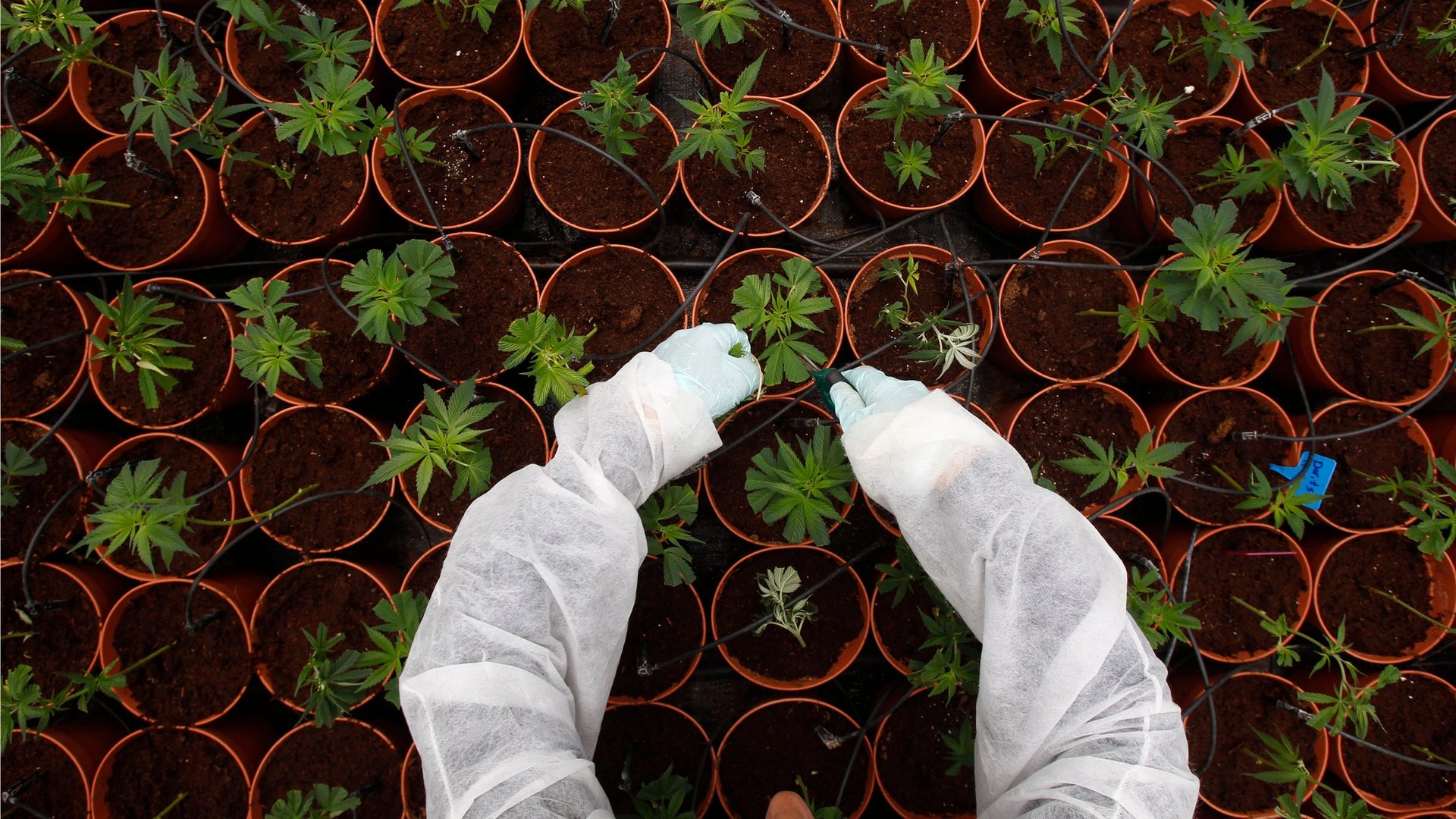Uruguay: Let’s make marijuana a state-run monopoly
Like many other countries in the Latin America, Uruguay is considering legalizing marijuana. But its government isn’t just looking to save money on police enforcement or drive down marijuana prices through legal competition. It wants to make marijuana one of its many state-run monopolies.


Like many other countries in the Latin America, Uruguay is considering legalizing marijuana. But its government isn’t just looking to save money on police enforcement or drive down marijuana prices through legal competition. It wants to make marijuana one of its many state-run monopolies.
Possession of small amounts of marijuana is already permitted in Uruguay, but its government is looking to take weed friendly legalization several steps further.
Uruguay’s marijuana laws suffer from the following contradiction: use of the drug is legal, but the production, distribution and sale of it are not. The resulting black market has driven prices up and escalated prohibition-led violence. But Uruguay’s Senate is poised to pass sweeping legislation that will allow Uruguayans to grow the drug, which was approved by its lower house late Wednesday night. According to a survey published this week by Cifra, a local pollster, 63% of Uruguayans oppose the pot bill (link in Spanish), partly because of fears that it will lead to more hard-drug use. But President José Mujica has already expressed his support, saying that it will allow Uruguay’s police forces to focus on the trafficking of more serious drugs.
Much like in Colorado, where marijuana was most recently legalized, households in Uruguay would be allowed to grow up to six plants, or just over a pound of the drug. Bigger producers could join cooperatives permitted to grow up to 99 plants. But only Uruguay’s government would be able to sell the drug. The government would grant permission to grow marijuana to a handful of private companies, but all of the privately grown plants would be sold back to the government so it could meet the country’s demand. “This is a very innovative bill, with the state deciding to regulate the entire chain of production, distribution and access to the substance,” Laura Blanco, president of Uruguay’s Cannabis Studies Association, told the New York Times.
Uruguay’s left-leaning government has a history of controlling big industries; the country’s oil, telecom, electricity and utilities sectors are already dominated by state-run monopolies, which account for a big chunk of government revenues. Controlling the marijuana market would be similarly lucrative for the Uruguayan government. Uruguay has a relatively high percentage of pot smokers for the region, third only to Argentina and Chile. And current estimates put the country’s black market for marijuana at some $40 million, much of which is thought to end up in the hands of drug traffickers in neighboring countries like Brazil.
The government argues that controlling the trade would keep industry players honest. Yesterday, Sebastian Sabini, the leader of Uruguay’s lower house drugs committee, assured that the bill is an attempt to curb violence and direct attention to more pressing drug-tracking issues. “We aren’t promoting consumption,” Mr. Sabini told reporters. “The purpose of this bill isn’t tax collection.” Of course, a little more public pocket money couldn’t hurt.